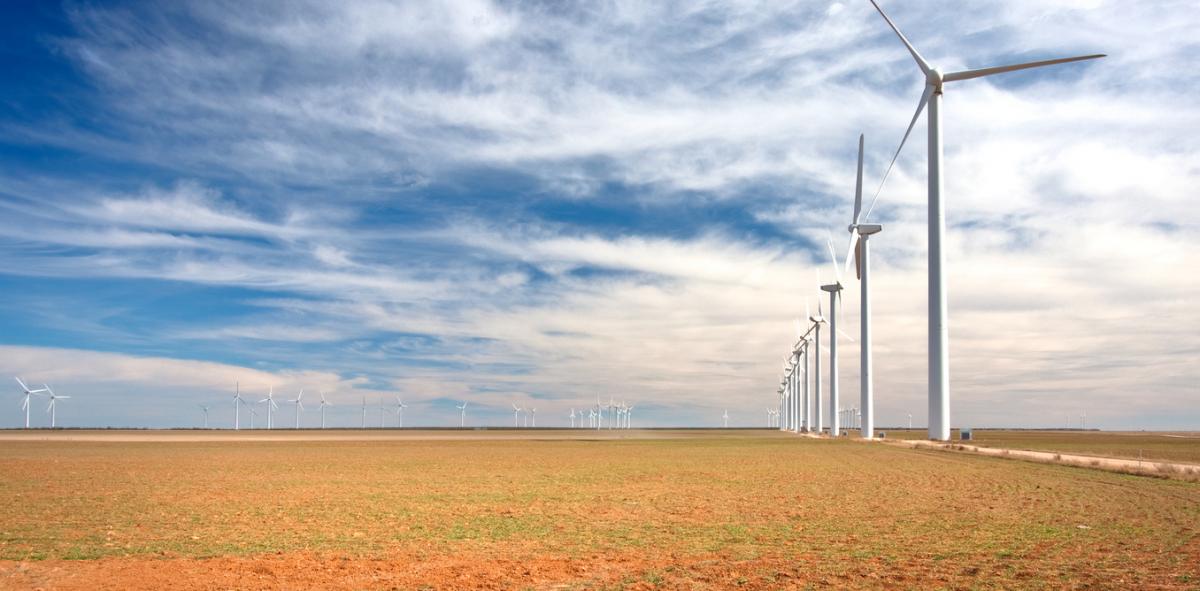
Lessons from the Lone Star State: A surge in wind power on the Texas grid didn’t cause reliability problems (and brought down electricity prices) because regulators improved the efficiency of wholesale electricity markets. Sarah Fields Photography/Shutterstock.com
theconversation.com - by Joshua D. Rhodes, Michael E. Webber, Thomas Deetjen and Todd Davidson - May 11, 2017
U.S. Secretary of Energy Rick Perry in April requested a study to assess the effect of renewable energy policies on nuclear and coal-fired power plants.
Some energy analysts responded with confusion, as the subject has been extensively studied by grid operators and the Department of Energy’s own national labs. Others were more critical, saying the intent of the review is to favor the use of nuclear and coal over renewable sources.
So, are wind and solar killing coal and nuclear? Yes, but not by themselves and not for the reasons most people think. Are wind and solar killing grid reliability? No, not where the grid’s technology and regulations have been modernized. In those places, overall grid operation has improved, not worsened.




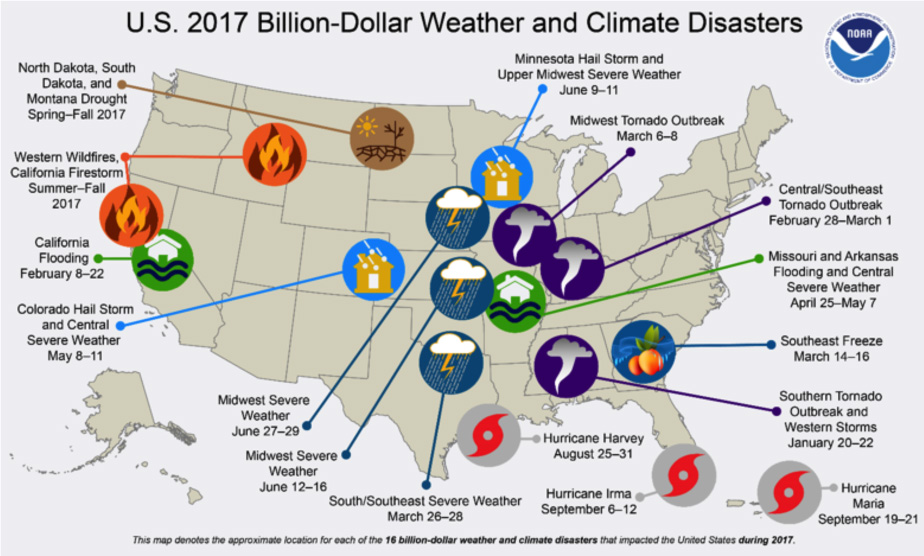
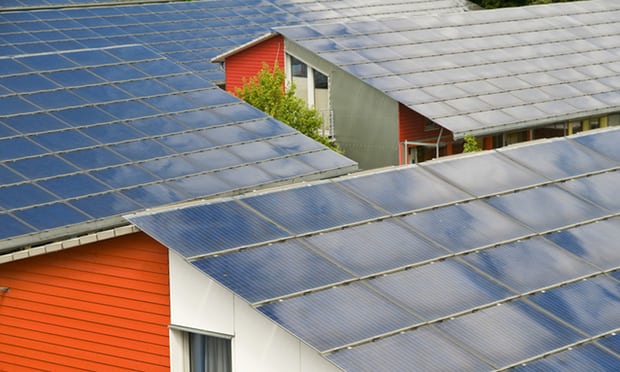
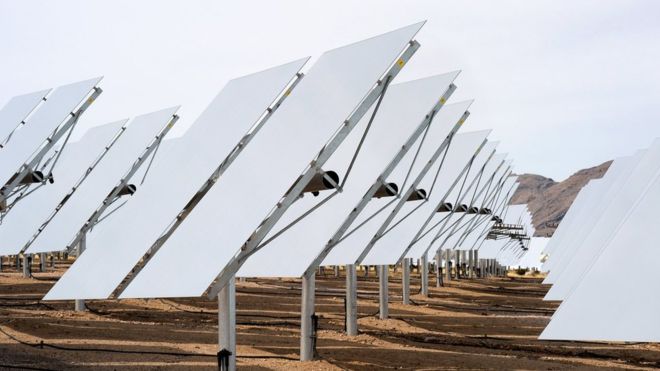


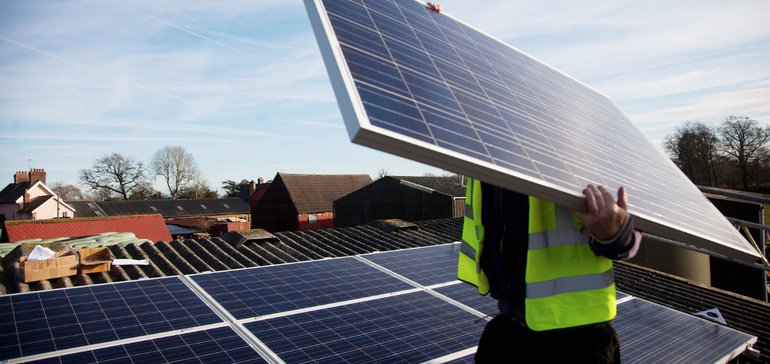
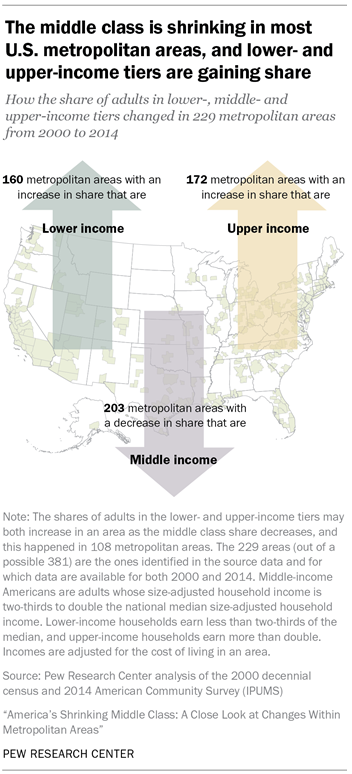
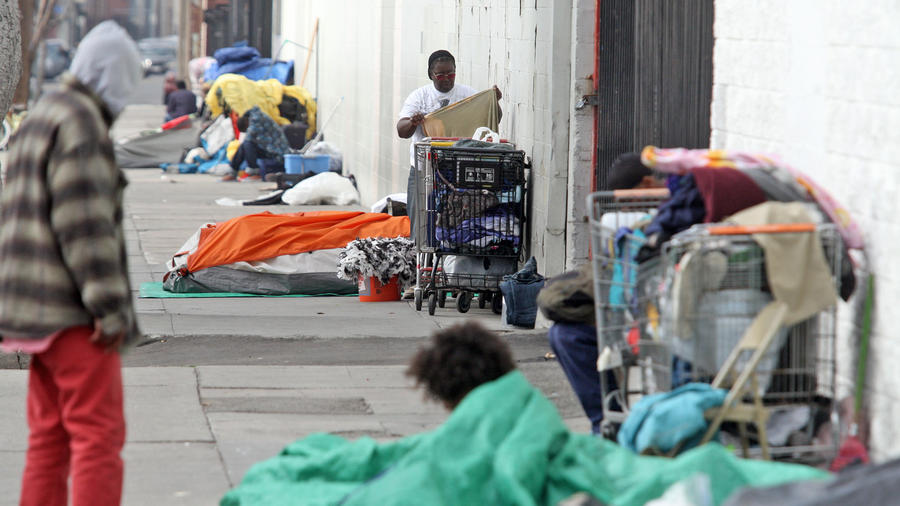
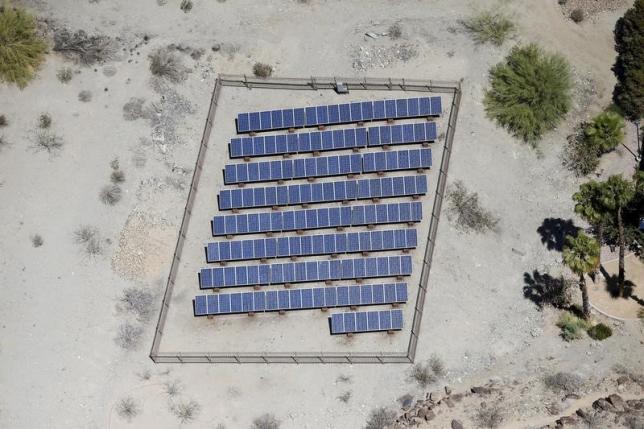
Recent Comments